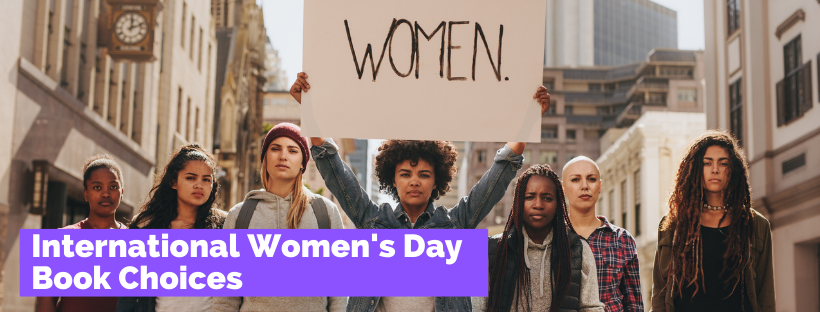
By Shona Thoma, Maynooth Library
Looking for some reading material this International Women’s Day? Why not make it intersectional?
Intersectional Feminism repositions feminism at the intersection of all women’s experiences and considers the multiple barriers you encounter if gender isn’t your only disadvantage.
Kimberlé Crenshaw first defined Intersectional Feminism in 1989. Watch her briefly explain it in this video (less than 2mins!)
Here are just a few titles available as eBooks and Audiobooks on BorrowBox, that you can read this International Women’s Day and further your understanding of Intersectional Feminist issues.
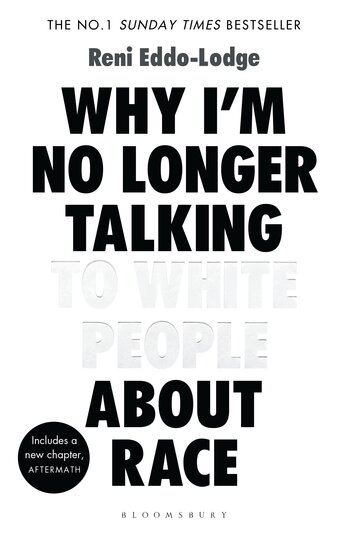
Why I’m No Longer Talking to White People About Race
Primarily a text on racism, Reni Eddo-Lodge’s discussion of joining feminist groups in the UK, and her writing on the importance of considering Intersectional Feminist issues is eye opening.Â
Synopsis: In 2014, award-winning journalist Reni Eddo-Lodge wrote about her frustration with the way that discussions of race and racism in Britain were being led by those who weren’t affected by it. She posted a piece on her blog, entitled: ‘Why I’m No Longer Talking to White People About Race’.Â
Her words hit a nerve. The post went viral and comments flooded in from others desperate to speak up about their own experiences. Galvanised by this clear hunger for open discussion, she decided to dig into the source of these feelings. Exploring issues from eradicated black history to the political purpose of white dominance, whitewashed feminism to the inextricable link between class and race, Reni Eddo-Lodge offers a timely and essential new framework for how to see, acknowledge and counter racism. It is a searing, illuminating, absolutely necessary exploration of what it is to be a person of colour in Britain today.
Available to borrow as an ebook and audiobook on Bolinda Borrowbox
There’s also a podcast series that compliments the book, but you should definitely read the book first!
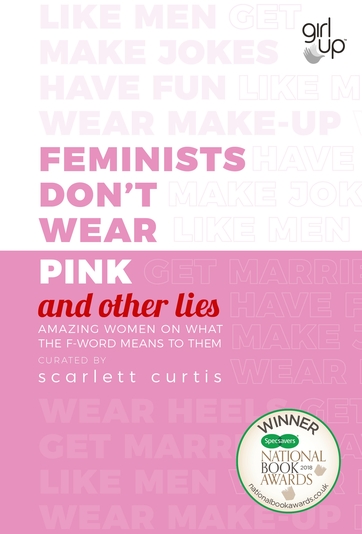
Feminists Don’t Wear Pink
A selection of essays, prose and poetry from multiple viewpoints. Pieces by Lolly Adefope, Amani Al-Khatahtbeh, Swati Sharma, and Alaa Murabit’s essay on Imposter Syndrome stand out.Â
Synopsis: Feminists Don’t Wear Pink and Other Lies is a collection of writing from extraordinary women, from Hollywood actresses to teenage activists, each telling the story of her personal relationship with feminism. Often funny, sometimes surprising, and always inspiring, this book aims to bridge the gap between the feminist hashtag and the scholarly text by giving women the space to explain how they actually feel about feminism.
Published in partnership with Girl Up, a campaign of the United Nations Foundation, and curated by writer and Pink Protest founder Scarlett Curtis, this book’s contributors include:
Bridget Jones (by Helen Fielding) • Saoirse Ronan • Emma Watson • Jameela Jamil • Kat Dennings • Keira Knightley • Alicia Garza • Jodie Whittaker • Whitney Wolfe Herd • Beanie Feldstein • Zoe Sugg • Angela Yee • Akilah Hughes • Evanna Lynch • Chimwemwe Chiweza • Alison Sudol • Lolly Adefope • Elyse Fox • Charlie Craggs • Charlotte Elizabeth • Alaa Murabit • Trisha Shetty • Tapiwa Maoni • Lydia Wilson • Amy Trigg • Tanya Burr • Karen Gillan • Swati Sharma • Bronwen Brenner • Emily Odesser • Emi Mahmoud • Gemma Arterton • Lauren Woodhouse-Laskonis • Tasha Bishop • Skai Jackson • Maryam and Nivaal Rehman • Nimco Ali • Amika George • Jordan Hewson • Alice Wroe • Claire Horn • Dolly Alderton • Rhyannon Styles • Grace Campbell • Liv Little • Olivia Perez
Available to borrow as an ebook on Bolinda Borrowbox
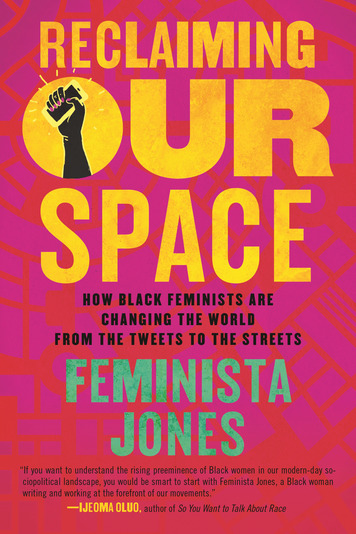
Reclaiming Our Space
In this book, Feminista Jones offers a summary and personal reflection on the achievements of black feminist activists, primarily in online spaces. She references multiple black authors and activists such as W. E. B. Du Bois, Audre Lorde, and bell hooks. Mentions are often in brief, and if you haven’t already read work by these giants, this may be your entry point.
“Complex conversations around race, class, and gender that have been happening behind the closed doors of academia for decades are now becoming part of the wider cultural vernacular—one pithy tweet at a time.â€
Synopsis: In Reclaiming Our Space, social worker, activist, and cultural commentator Feminista Jones explores how Black women are changing culture, society, and the landscape of feminism by building digital communities and using social media as powerful platforms. As Jones reveals, some of the best-loved devices of our shared social media language are a result of Black women’s innovations, from well-known movement-building hashtags (#BlackLivesMatter, #SayHerName, and #BlackGirlMagic) to the now ubiquitous use of threaded tweets as a marketing and storytelling tool. For some, these online dialogues provide an introduction to the work of Black feminist icons like Angela Davis, Barbara Smith, bell hooks, and the women of the Combahee River Collective. For others, this discourse provides a platform for continuing their feminist activism and scholarship in a new, interactive way.
Complex conversations around race, class, and gender that have been happening behind the closed doors of academia for decades are now becoming part of the wider cultural vernacular—one pithy tweet at a time. With these important online conversations, not only are Black women influencing popular culture and creating sociopolitical movements; they are also galvanizing a new generation to learn and engage in Black feminist thought and theory, and inspiring change in communities around them.
Hard-hitting, intelligent, incisive, yet bursting with humor and pop-culture savvy, Reclaiming Our Space is a survey of Black feminism’s past, present, and future, and it explains why intersectional movement building will save us all.
Available to borrow as an ebook and audiobook on Bolinda Borrowbox.
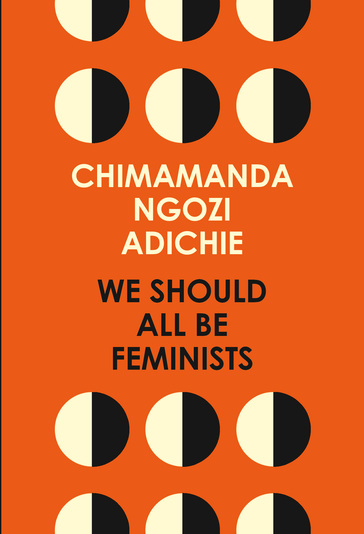
We Should All be Feminists
Chimamanda Ngozi Adichie is one of my favourite authors of fiction, but she is also an insightful commentator too. At 64 pages, this treatise on why feminism is for everyone won’t keep you long, but will give you food for thought. Do check out Adichie’s novels too, brilliant stories which offer insights into worlds we may know very little about.Â
Synopsis: A personal and powerful essay from Chimamanda Ngozi Adichie, the bestselling author of Americanah and Half of a Yellow Sun, based on her 2013 TEDx Talk of the same name.‘I would like to ask that we begin to dream about and plan for a different world. A fairer world. A world of happier men and happier women who are truer to themselves. And this is how to start: we must raise our daughters differently. We must also raise our sons differently…’What does “feminism†mean today?In this personal, eloquently argued essay – adapted from her much-admired Tedx talk of the same name – Chimamanda Ngozi Adichie offers readers a unique definition of feminism for the twenty-first century, one rooted in inclusion and awareness. Drawing extensively on her own experiences and her deep understanding of the often masked realities of sexual politics, here is one remarkable author’s exploration of what it means to be a woman now – an of-the-moment rallying cry for why we should all be feminists.
Available to borrow as an ebook on Bolinda Borrowbox.
So instead of merely Leaning In this IWD, read and reflect on who you lean on in this world. Are we listening to the experiences of others and recognizing the diversity of women’s identities?





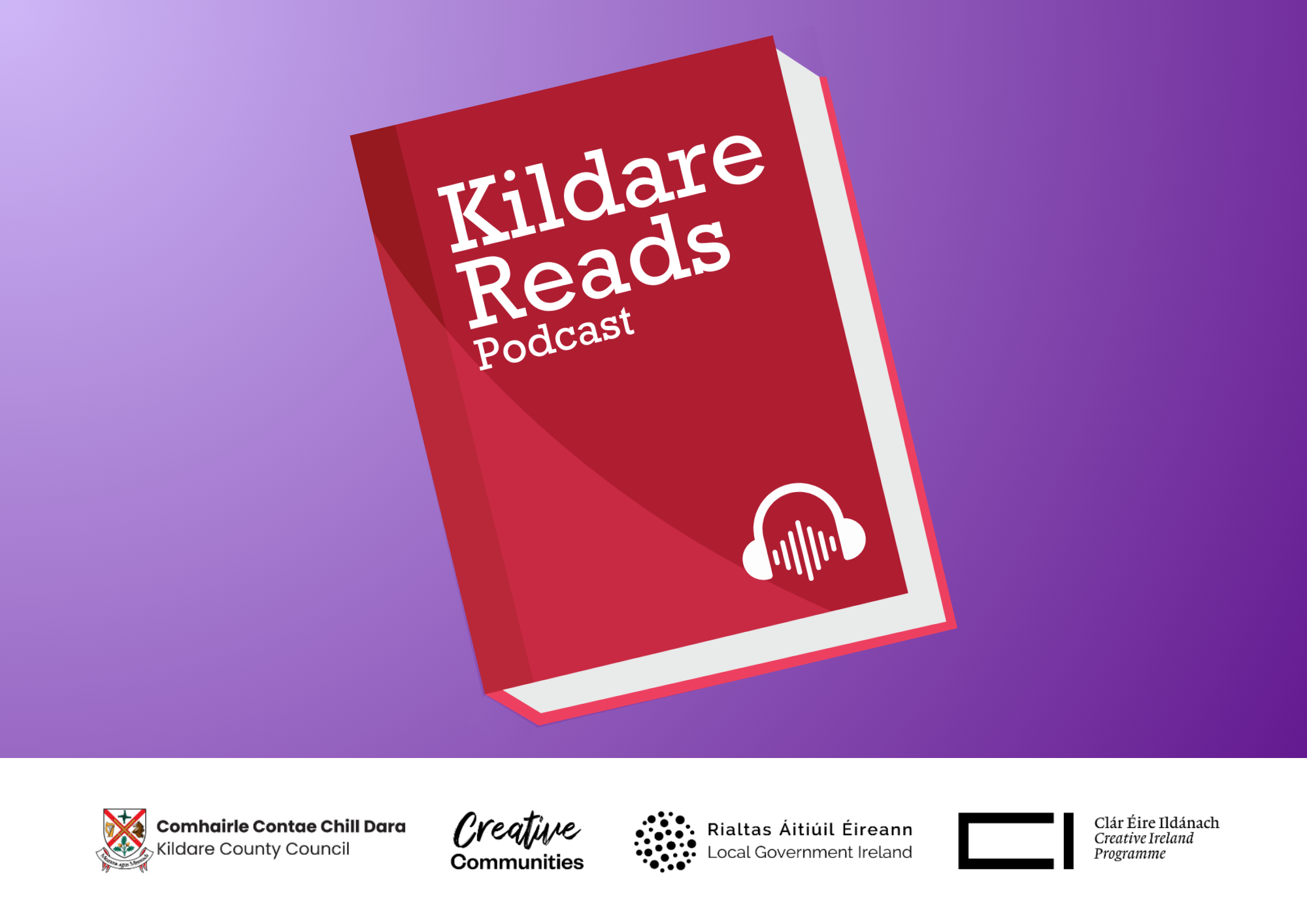
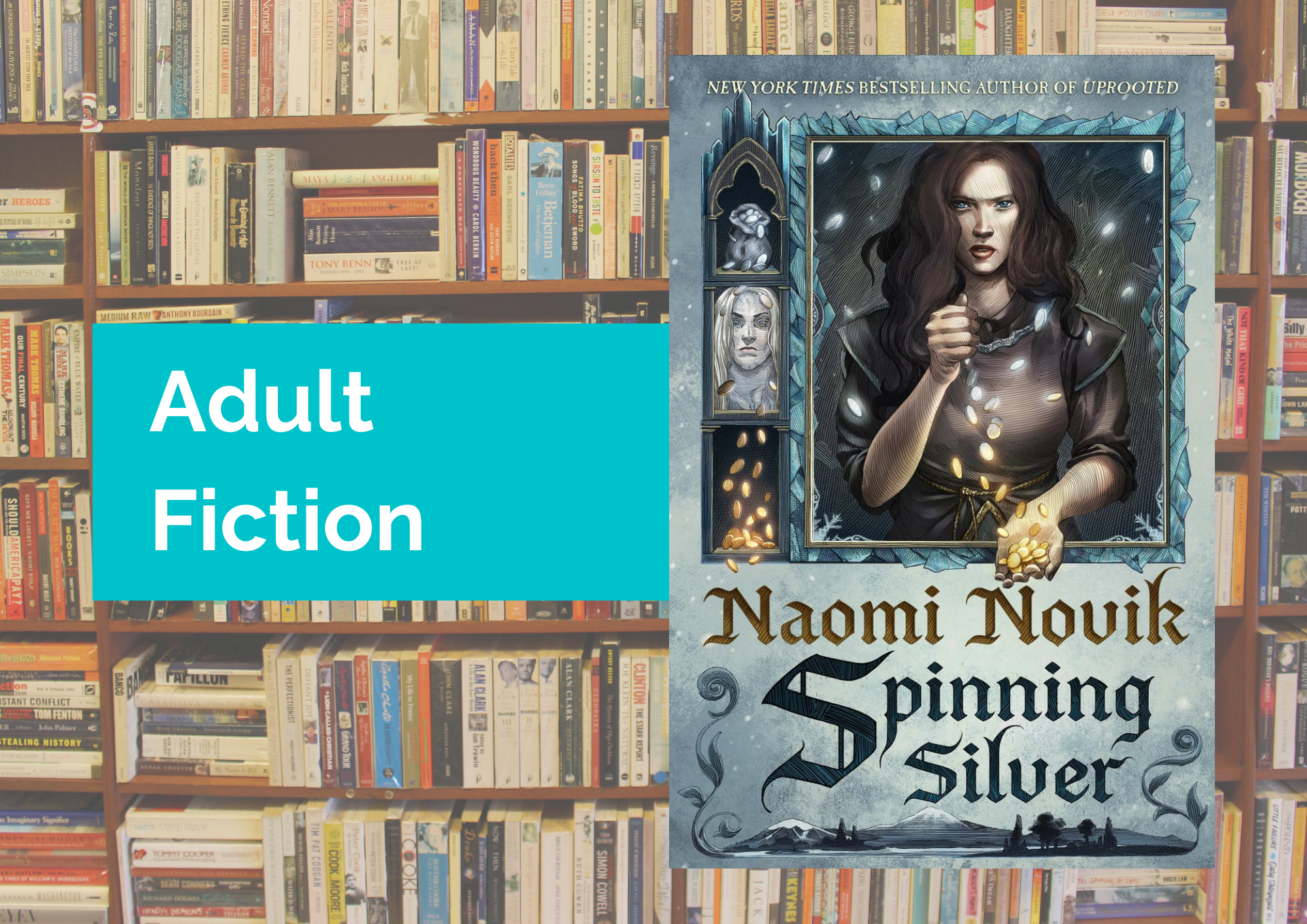
Leave a Reply